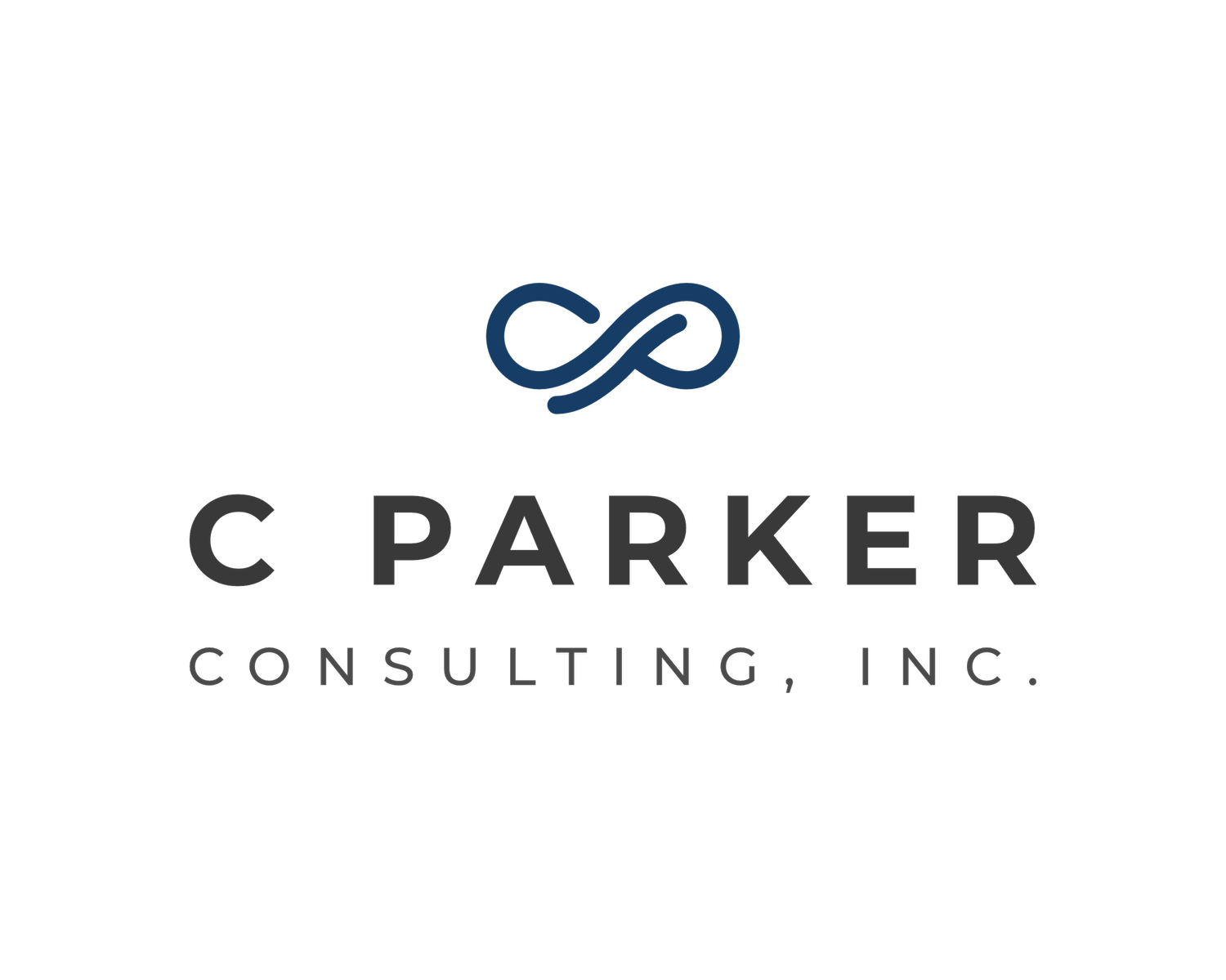Are you serving on a high performing team?
/Adopted from: Turning Point Consulting and The Grove Internationa
Most of us have been part of a successful team. A few of us have been, at some point, part of high-performing team. This is actually when members feel synergy and a sense of excitement in working together toward a common goal with great results. Members actually care about the success of their teammates, are clear about their goals, and know their specific purpose while serving on the team. But here's the crux - high performing teams don't automatically exist, but rather are formed and developed through a process over time. In other words, developing a high performing team is an intentional act. And it takes time.
That's what I like about the Drexler Sibbet's High Performing Teams Model – it identifies seven stages that each team must go through in order to be high performing. Yes, let me say it again – it is seven stages and every team has to honor each and every stage. You may be saying, "We have scarce resources – time being one of them – and we don't have the time to spend on seven stages!" I say, "You don't have the time not to spend." The hard truth is that without initiating the necessary time and space focused on your team, your project will not succeed. Period.
So, here it is – Drexler/Sibbet's seven stages. (They are really quite simple and clear):
- Orient your team members to determine who's who and the role they serve on the team. Establish your team's identity.
- Build trust based in forthrightness and reliability resulting in mutual regard for each other.
- Clarify the team's goal by articulating a shared vision and clearly state assumptions about the tasks.
- Gain commitment by assigning the right roles to the right people, allocating support where needed, clearly state boundaries articulating how the team makes decisions.
- Implement! This is the fun stage where all the planning pays off. (And OBTW, if stages 1-4 are in place, implementation is never as hard as you originally thought.)
- Rock the high performance. This stage is marked by the team's high trust evidenced by the ease of flexibility and change when necessary. Expectations are surpassed on deliverables.
- Renew the team. Don't forget reward and recognition. The team needs to be re-energized. Revel in success, learn from mistakes, and actively prepare for a new cycle of action!
So, what stage is your team in? I hope you are working your way through each stage in order to produce an effective and timely product or service. But if not, that's ok. Drexler/Sibbet makes it easy to diagnose the behaviors you don't want and turn them into behaviors you do want within each stage.
Cara Parker is a consultant who works with teams to maximize their performance. Drexler/Sibbet Model is one of the many great tools in her tool kit that helps diagnose team's successes and challenges. To inspire your team, contact her directly at 540.623.7454 or check out her website at: www.cparkerconsulting.com.





